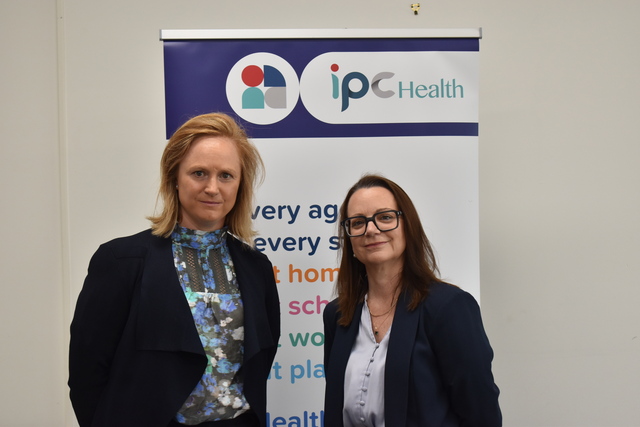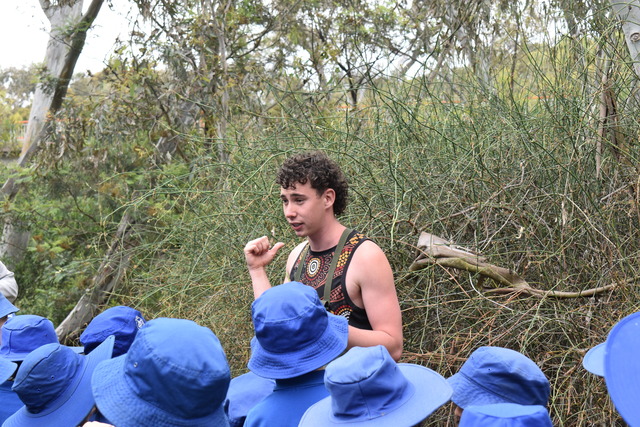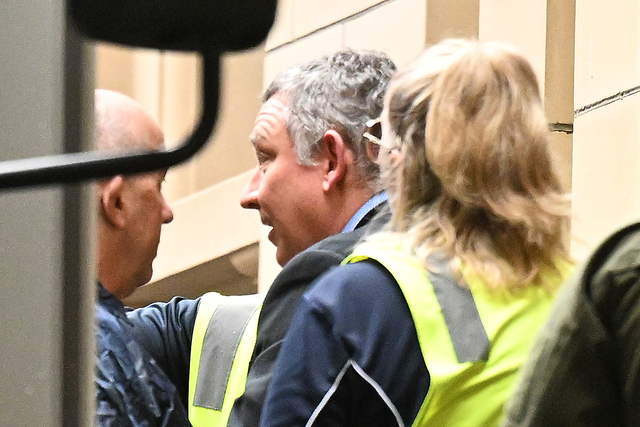TikTok, Instagram or YouTube, whatever the platform, if your teen is active on social media, they may encounter cyberbullying. In fact, 44 per cent of Aussie teens say they’ve had a negative online experience in the
past six months.
Now, University of South Australia researchers are helping parents protect children and teens, including those from Brimbank from the effects of cyberbullying by encouraging social connection, healthy friendships and belonging.
Cyberbullying is the online version of traditional bullying – a misuse of power to cause intentional and repeated harm.
It can take many forms, including sending threatening texts, exclusion and intimidation, or harassing by sharing images, texts, and videos without consent and with the intent to humiliate.
It can be open and obvious or covert and hidden.
Cyberbullying research expert and change analyst, UniSA’s Dr Carmel Taddeo, says while parents may not be able to stop cyberbullying, growing a young person’s social connections can promote positive healthy coping and can be a protective factor for them.
In the new book, Cyberbullying and Online Harms, Dr Carmel Taddeo and Professor Barbara Spears outline several strategies to help parents support positive coping that include developing your child’s self-esteem and confidence, role modelling positive communication, providing opportunities for your child to connect with others face-to-face and online, asking how your child feels about their connections and friendships, and remembering that connecting online is not an indicator of social connectedness.
Dr Taddeo said that as much as they may want to, parents can’t always shield their children from online bullying. But they can role model and teach their children how to better cope if they face negative interactions.
“The heart of this lies with positive relationships and constructive communication,” she said.
“Building a young person’s self-esteem and confidence is key. Feeling good about yourself can protect against negativity and is a solid foundation for developing positive friendships.
“Helping children to foster and practice positive communication skills is also important. Learning how to converse and listen, as well as how to negotiate and manage conflict, are all life skills that will help children sustain positive connections in both face-to-face and online contexts.
“When looking at online engagement, parents also need to remember that being online doesn’t necessarily mean your child is socially connected. In many instances, it could be a sign of disconnect.
“Providing opportunities for your child to connect with others is extremely important, especially for children who may struggle with friendships. So, whether it’s school co-curricular or club activities like sports,
music, drama, or science, finding ways for your child to connect in small-scale social and peer groups is a great way to help them build self-esteem and social capital.”
When young people do not feel connected to their school or other communities, they don’t have the social ‘buffers’ they need to cope with negative behaviours, both in online and offline environments.
Dr Taddeo said by nature, people are social creatures, so when we have positive respectful and healthy relationships, we gain a sense of belonging, being cared for, valued, and supported. When we don’t have these, we are more at risk of negative experiences, and if we encounter them, we’re are less likely to ask for help.
“Talking with your child or teen about their connections and friendships, how they feel about them, and what they may want to change, is always a good move,” she said.
“Given the ways sociotechnical ecosystems are evolving, it’s vital that we meaningfully involve young people to help us better understand their world and how they engage in offline, online and hybrid spaces,
so we can better support them build healthy self-esteem and positive social connections.”







